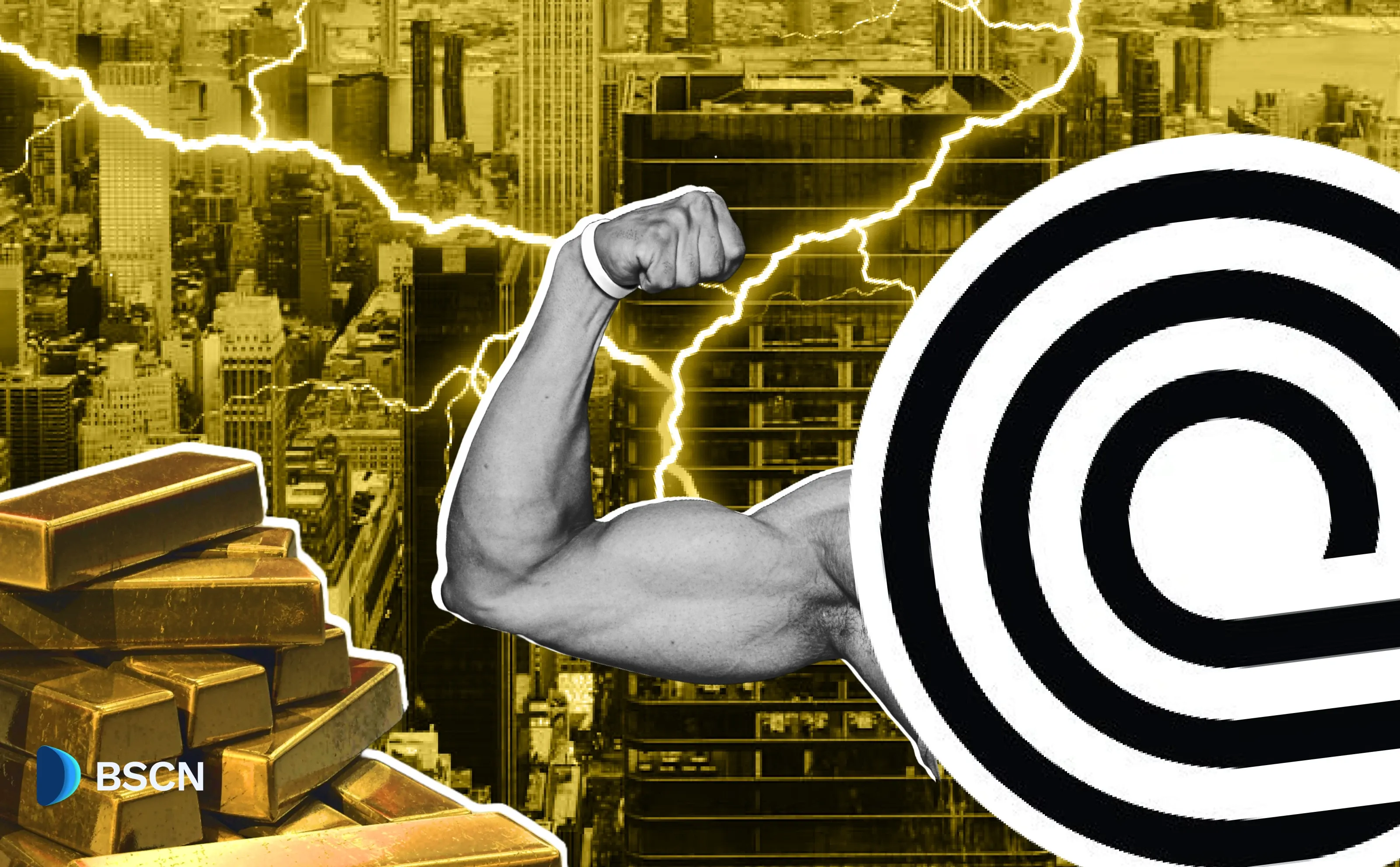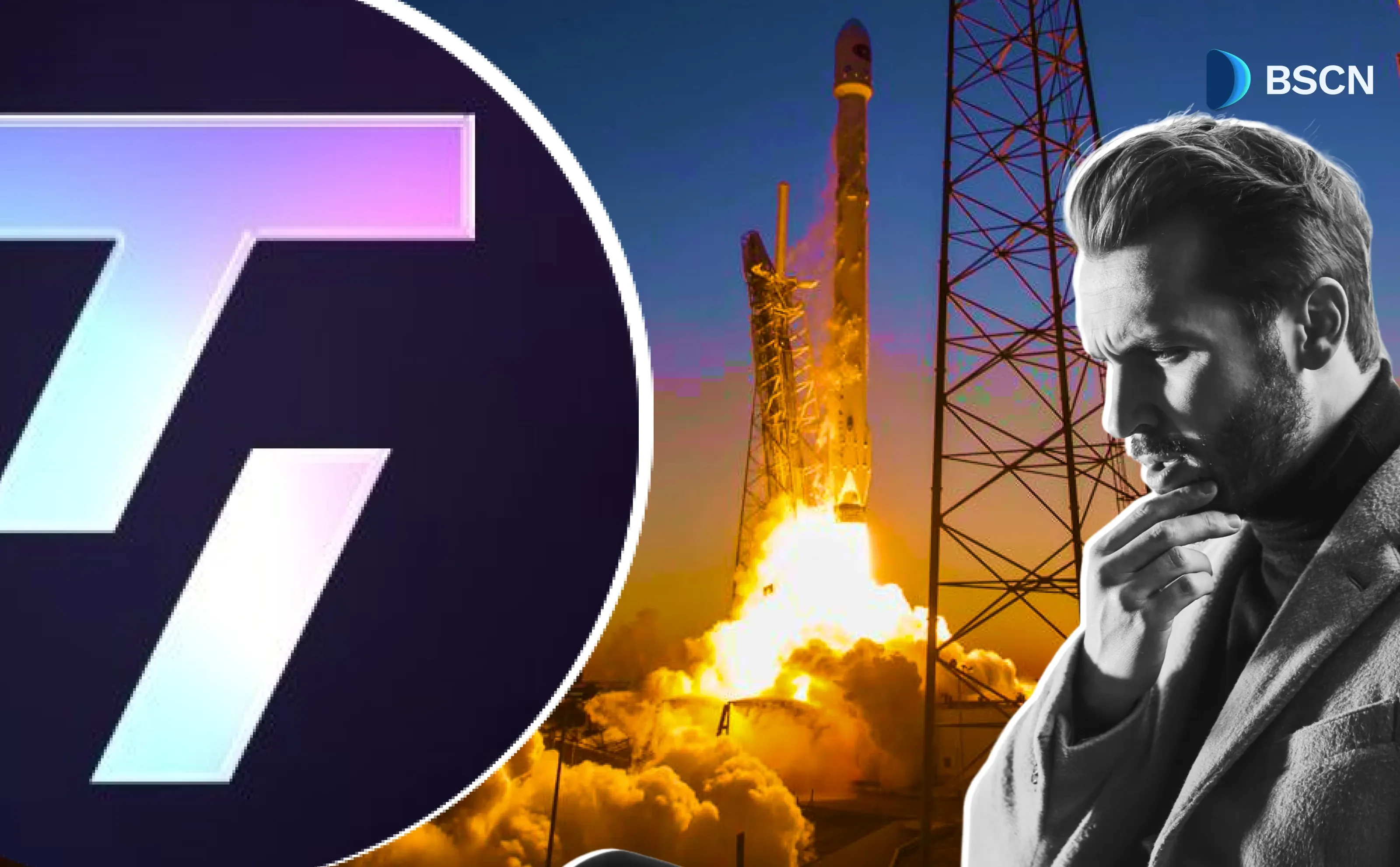WEB3
SmartCon 2022: Bridging Traditional Finance and DeFi

Among the best discussions at SmartCon 2022 was a panel moderated by Chainlink Founder Serey Nasarov, featuring SWIFT, BNY Mellon and DTCC.
BSCN
September 29, 2022
SmartCon 2022 has delivered some interesting panel discussions. Among the best so far: Bridging Traditional Finance and DeFi.
The panel moderated by Chainlink Founder Serey Nazarov featured some of the biggest players in traditional finance, including representatives from:
- The Societe for Worldwide Interbank Financial Telecommunication (SWIFT), the interbank messaging platform used to consummate most of the world’s interbank transactions
- Bank of New York Mellon, the oldest U.S. bank, founded in 1781 by Alexander Hamilton and custodian of over $2 trillion in assets
- Depository Trust & Clearing Corporation (DTCC) which settles securities transaction volumes measured in $ quadrillions. (Yes, that is a number.)
One common perception in crypto is that these stodgy old centralized structures are ripe for disruption, if not displacement by the distributed ledger technology sported by blockchains. While this may indeed be the case, it certainly was not evidenced by the comments coming from the panel.
Jonathan Ehrenfeld Solé, Strategy Director of SWIFT, acknowledged an ongoing collaboration with Chainlink. SWIFT is working on an integration with Chainlink’s Cross Chain Interoperability Protocol (CCIP). The protocol will enable SWIFT to initiate on-chain token transfers via SWIFT messages, essentially bringing crypto assets to almost every bank in the world. Strange as it may sound, the leap is not that big.
Regarding the public-key/private-key cryptography used in the SWIFT system, Nazarov explained:
“ ... People don't fully understand that Swift has the largest private key infrastructure in the whole banking industry.”
All were in agreement that tokenization of securities was a certainty and that the efficiencies brought by the transition to such a system would be breathtaking. Progress has already been made.
Regarding tokenization, Solé said, “Well, it is definitely here and it is not going away”
Victor O’Laughlen, Managing Director, Head of Enterprise Tokenization, BNY Mellon, said, “We are actually looking into tokenizing all different types of assets internally.”
Is anyone else surprised that a person at BNY Mellon has the title “Head of Enterprise Tokenization”?
He went on to explain that the mobility of assets is a major motivation for the push toward tokenization. Any time collateral is moved, other collateral needs to be pledged. For this to work efficiently, accounts are over-funded to ensure smooth movements. This leaves billions of dollars tied up in the mobility of assets.
O’Laughlen said, “But if you're able to do it atomically you're able to do it in an interoperable way you can swap assets and you don't have to have capital, facilitate movement. So when we use tokenization for the bank, or tokenizing treasuries and currently experimenting with that, we think that there's an opportunity for us to connect more broadly and mobilize those assets in places where they need them.”
“I'm definitely bullish on tokenization,” he said.
It sounds to me like he views crypto as value-add more than a threat.
Stephen Prosperi, DTCC’s Head of Product Management and Digital Securities is organizing their effort to use blockchain technology to speed time to settlement. He acknowledged that crypto markets’ attributes of 24x7 prompt settlement have pushed TradFi to improve on the standard T+2 (2-day) transaction clearing.
Like the other panelists, he is bullish on DeFi. “I struggle to use the words ‘regulated DeFi’,” he said, and then when on to enumerate and extoll its virtues.
Obviously this crew of TradFi behemoths are seeing difficulties in marrying the classic crypto ethos of open, censorship-resistant, permissionless protocol with the traditional financial system. But an important point is that they are approaching it with the angle of improving the transparency, efficiency and stability of the current system, as well as with a level of expertise that would surprise many in the crypto space, myself included.
Latest News
Crypto Project & Token Reviews
Project & Token Reviews
Comprehensive reviews of crypto's most interesting projects and assets
Learn about the hottest projects & tokens
Latest Crypto News
Get up to date with the latest crypto news stories and events







